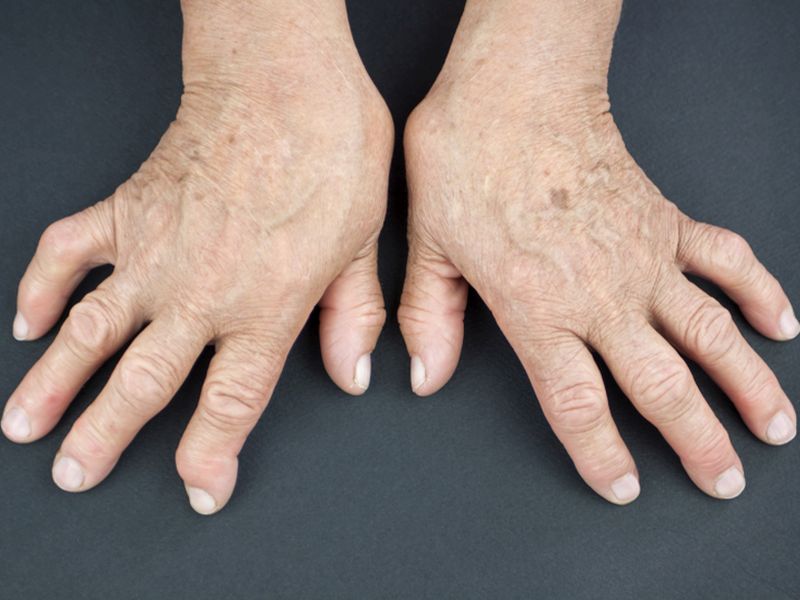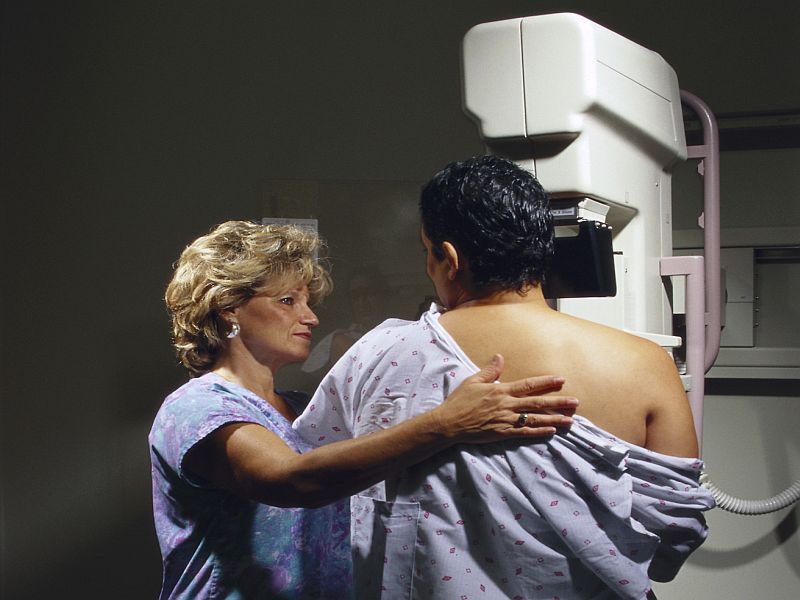
Carpal tunnel syndrome (CTS) occurs when pressure is placed on a nerve stretching from the arm to the hand. Often, this is due to stress on the hands and wrists. Adjusting your daily routine can help prevent CTS. NYU Langone Health offers these suggestions: Minimize repetitive hand movements. Keep wrists straight. Alternate between activities or… read on >
















